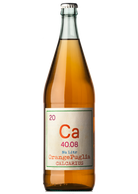- Località Posta Nuova, 71011 Apricena (FG)
- 0882642290
- info@valentinapassalacqua.com
- https://valentinapassalacqua.it/collezione/vini-calcarius/
Calcarius
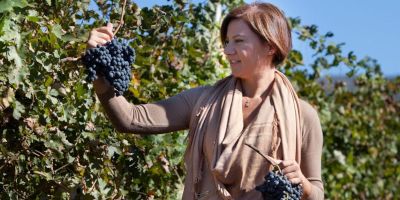
Calcarius, or "limestone wines". Exactly, because the soil of Gargano, the northern corner of Puglia, is deeply calcareous, where the winemaker Valentina Passalacqua, from Puglia, and Danilo Marcucci...
| Enologist | Valentina Passalacqua |
| Own vineyards: | 45 / ha |
| Country | |
| Regions | |
| Grapes |
Wine from Calcarius
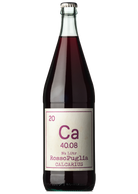
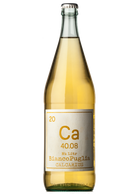
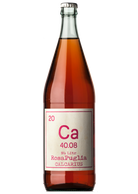
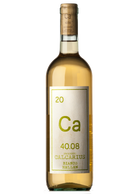
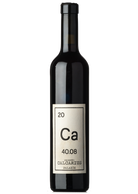
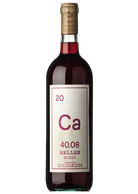
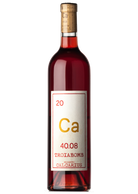
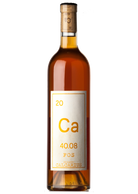
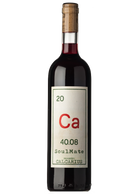
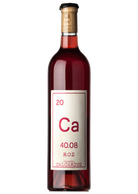
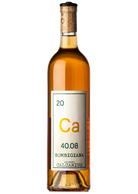
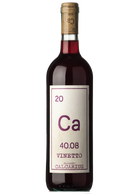
Calcarius
Calcarius, or "limestone wines". Exactly, because the soil of Gargano, the northern corner of Puglia, is deeply calcareous, where the winemaker Valentina Passalacqua, from Puglia, and Danilo Marcucci started the project that bears this name. The municipality is Apricena, recognised as the most suitable in a region, Gargano, with wine potential that is not yet fully expressed.
With 45 hectares of vineyards exposed mainly to the south-west and well ventilated, Calcarius is not only one of the most extensive areas in the area, but above all one of the most committed, and rigorously, to sustainability in the vineyard and in the cellar. Natural wines in all respects, with spontaneous fermentations without temperature control and with minimal additions of sulphur dioxide.
Due to the soils and the big diurnal temperature variations, the Calcarius wines express a tense, cutting and territorial style without compromise. Notes of yeast and dried fruit typical of the organic approach are obviously always at the forefront. The vines are mainly indigenous, such as Bombino, Fiano Minutolo, Falanghina, Greco, Nero di Troia, Negroamaro, Primitivo, Montepulciano, and Aleatico, plus some Pinot Grigio and Chardonnay vineyards.
The processes are varied. They range from the freshest approaches, with onlt steel, to macerated whites to sparkling wines with an ancestral method. All the labels include the atomic number (20) and the atomic weight (40.08) of the chemical element calcium (Ca).
